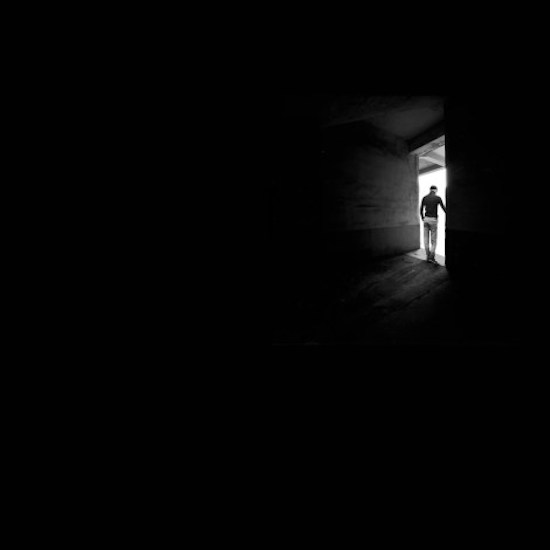We run our website the way we wished the whole internet worked: we provide high quality original content with no ads. We are funded solely by your direct support. Please consider supporting this project.
“The greatest trick the devil ever pulled…”
 “…was convincing the world he didn’t exist.” ~Verbal Kint, The Usual Suspects
“…was convincing the world he didn’t exist.” ~Verbal Kint, The Usual Suspects
Roger Olson reflected a few days ago on the curious absence of any discussion of Satan in modern theology. He even speculated:
I suspect that one reason Greg Boyd, a brilliant theologian, is not taken as seriously as he should be by many evangelicals is his obvious, “up front,” blatant belief in a very personal, very real, very active Satan who has great power in the world. And he believes in “spiritual warfare,” something that scares most evangelicals (to say nothing of mainline, liberal Protestants!).
Roger also suggests a possible role of Calvinism in this downplaying of the reality of Satan:
I think Calvinism tends to downplay the reality and power of Satan by reducing Satan to an instrument of God. Luther said that “The devil is God’s devil.” Calvinism generally agrees with that. The idea is that God alone is sovereign so the devil must somehow be an instrument of God in the “big plan” to glorify himself.
As I read the New Testament, however, Satan is no instrument of God but God’s enemy (and ours). In order to avoid dualism, many intellectual Christians have abandoned Satan altogether or absorbed Satan into God (or at least God’s will and plan). I, too, want to avoid dualism, but I don’t know how or why Satan is real and powerful and “the prince of this world.” All I can say with confidence is that he is a conquered enemy of God who is still causing a great deal of chaos. Why God allows it, I don’t know. That’s God’s business. That he will eventually take away all of Satan’s power and free us from his influence lies at the heart of biblical hope.
You can find the full article here.
Category: General
Tags: Calvinism, Greg Boyd, Problem of Evil, Roger Olson, Satan, Satan and the Problem of Evil, Theodicy
Related Reading

Free Will: How free will presupposes a great deal of determinism
This particular video was recorded last week when the forecast called for a high of -4F. Greg makes light of the freezing conditions before he settles into the topic of how a mostly determined world is actually the needed context for free will to operate. Stay warm out there!

Is Suffering Part of God’s Secret Plan?
In the Christian tradition since Augustine, the most common explanation for the apparent arbitrariness of life and God’s interaction with humanity has been God’s mysterious will—his “secret plan,” as Calvin says. Whether or not a child is born healthy or a wife is killed by an intruder is ultimately decided by God. If we ask…

Video Q&A: Is One’s Eternal Destiny Fixed at Death?
Does God continue to work with people after death? Is one’s eternal destiny fixed at death? Is the work of sanctification irrelevant? Here Greg shares his views on what happens when we die.

The Politics of Demonization
Jonathan Martin posted a blog this week that we wanted to share called the politics of demonization (demonic talk on immigration, & other things). Have you noticed the hateful ways that we characterize the “other” in public discourse? Jonathan suspects (and we agree) that there’s a powerful force driving this tendency in all of us. As he puts it…

The Risk of Love & the Source of Evil
On Sunday Greg tweeted the following: Love IS a tremendous risk. But if humans ever concluded the risk was not worth it, we likely become extinct rather quickly. … Yes, love is risky. It costs us everything, and we sometimes get terribly hurt. But it’s this risk that “makes the world go round.” … And…

Greg and N.T. Wright at the Missio Alliance Gathering!
The Missio Alliance North American Gathering will be held April 27-29 in Alexandria, Virginia. The theme this year is Awakenings: The Mission of the Spirit as the Life of the Church. Featured speakers this year include Jorge Acevedo, Greg Boyd, Ruth Padilla Deborst, Tammy Dunahoo, Todd Hunter, Dr. Charles A. Montgomery, Jr., Cherith Nordling, Rev. Dr. Howard-John…
